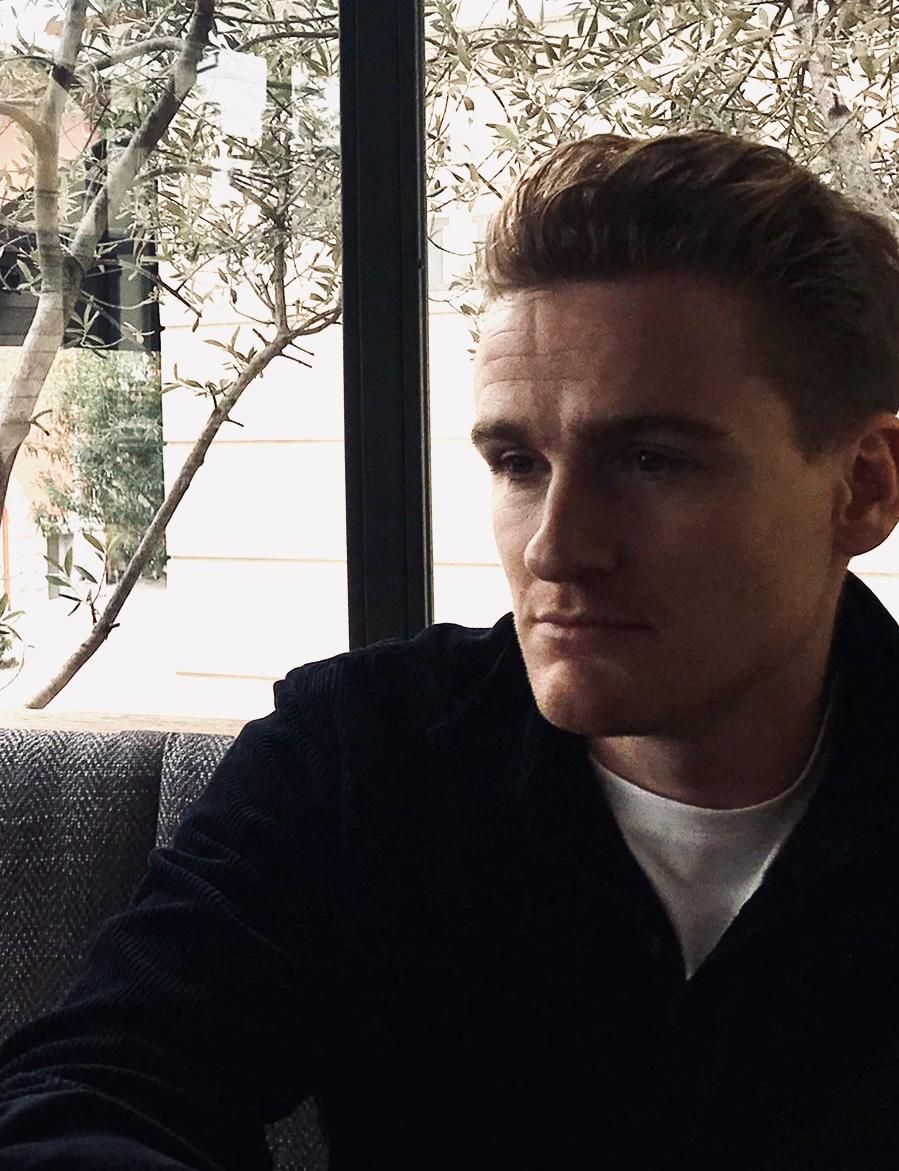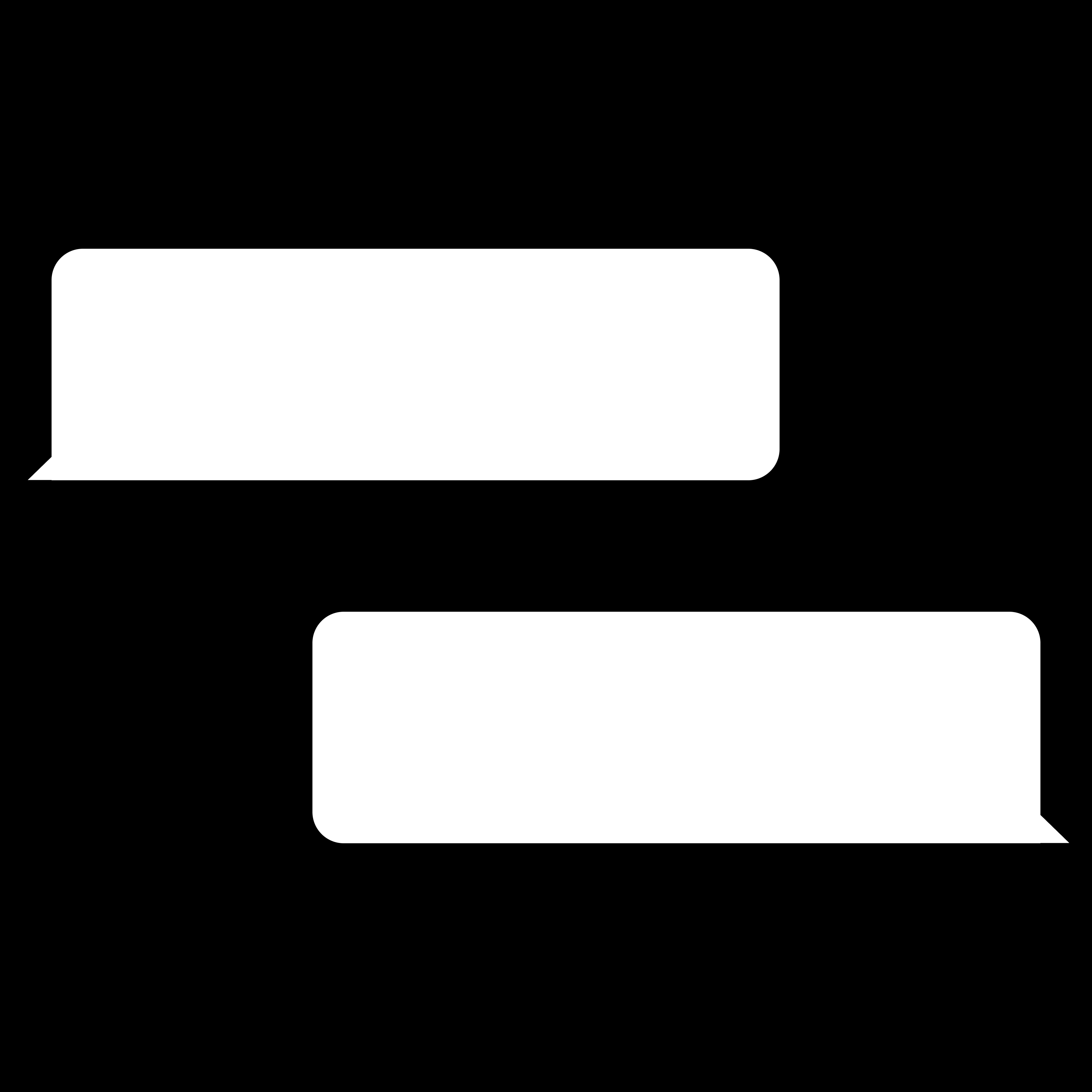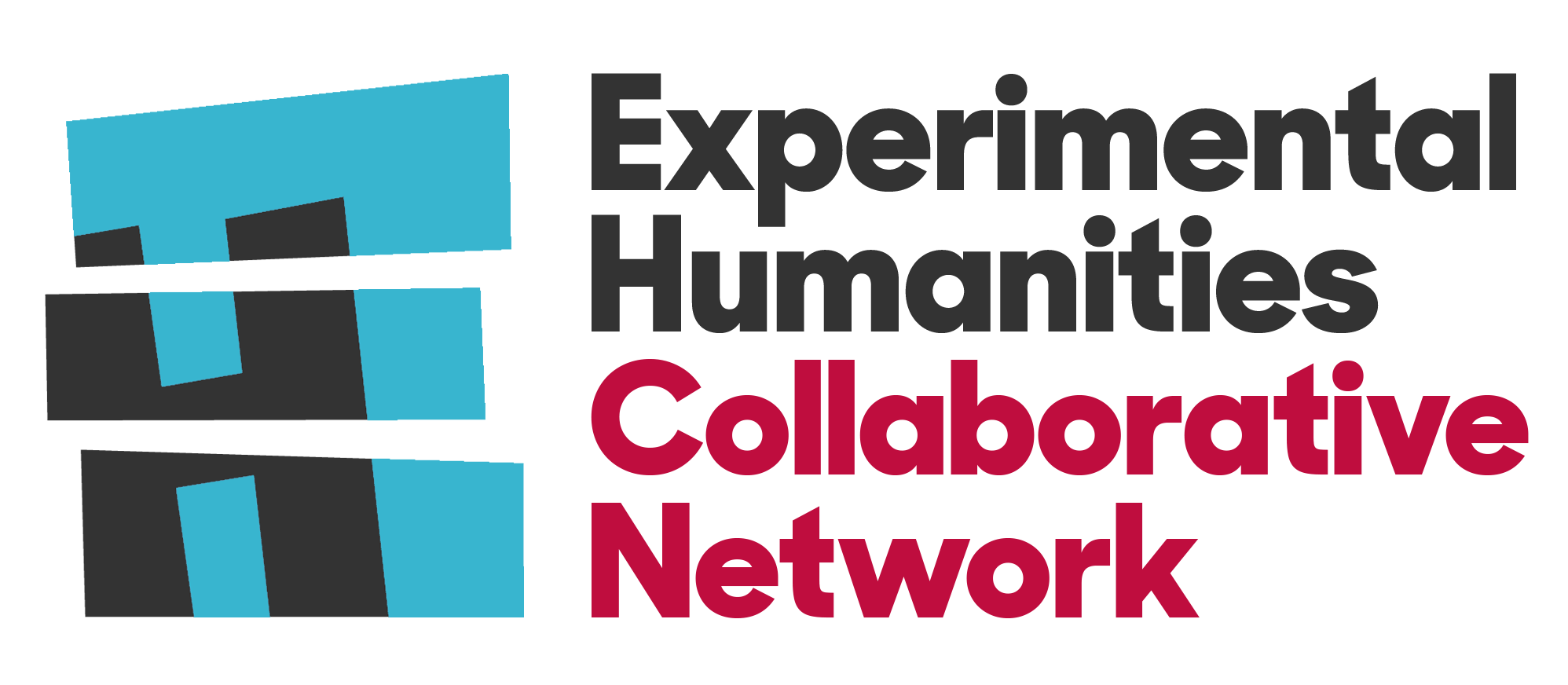Welcome to The Experimental Humanities Collaborative Network
"What is to Be Done?": Experimenting With Dialogue
An OSUN Online Course taught by I am a Postdoctoral Research Fellow for the CEU OSUN-Experimental Humanities Collaborative Network (EHCN) and Department of Gender Studies. My main research area is the complex interplay between history and fiction in early modernity. Since my doctoral studies, I have been fascinated by the capacity of foolish, insane, decadent and degenerate figures to tell profound, subversive truths, which not only speak back to power, but also inculcate alternative modes of reasoning, reflection and political action. My first monograph examined Shakespeare’s fools in the context of classical and humanist intellectual cultures. It established that the fool’s paradoxical wisdom was intrinsic to what Keats famously called Shakespeare’s “Negative Capability”, a crucial facet of the plays’ implicit philosophical vision. More recently, with István H. Szilágyi and László Kelemen, I worked on a co-authored book-project, entitled Changing Legal and Civic Culture in an Illiberal Democracy (Routledge: New York, 2021), a topic on which I have also been published in Times Higher Education. My current research focuses on the development of ideas of social, sexual and moral degeneracy in utopian fiction from the early modern period to the present. It aims to synthesise my work on the current resurgence in nationalism, which exploits fears of degeneration to subjugate sexual and ethnic minorities, with my doctoral research. An extract of my first novella, Inside Virgil Caine, was longlisted for the 2021 Alpine Fellowship and has been accepted for publication. As a teacher and practitioner, I am especially enthusiastic about creating courses that bring together the humanities, creative practices, and contemporary forms of activism. Fields of Interest · Critical Theory · Early Modern Literature and Culture · Classical Thought · Drama · Nationalism(s) · Literature and Political Theory · AestheticsSam Gilchrist Hall

This course entails studying the concept of dialogue theoretically and historically, before creating a podcast on the topic of "What is to be done?".
A buzzword of the neoliberal establishment, as a concept and practice, dialogue has perhaps been all but drained of meaning. Nonetheless, understanding its forms and history is vital both because many (on both sides of the political spectrum) consider it to be under threat in universities, and because engaging in dialogues, however challenging they may be, enables us to more effectively pursue artistic and social interventions. The purpose of this course, then, is twofold. Firstly, we seek to understand the use and abuse of this concept historically and philosophically. Secondly, we aim to develop meaningful interventions within the university, network, and wider community by creating podcasts, in which you will engage in dialogue with a prominent or inspirational artist, theorist or activist about a topic of relevance to your research, or artistic practice. In the Digital Age, podcasts are perhaps the principal way in which dialogue is disseminated, and you will receive practical instruction in how to record, edit and create credible narratives for podcasts from CEU’s Media Hub. There will be the additional opportunity of further editing the final podcasts, so that they are of a professional standard and can be shared publicly.
The word derives from the Ancient Greek, dialogos, with its prefix meaning “across” or “between” and logos referring, of course, to “speech or discourse” (OED). Implicit in this etymology is the possibility for intersubjectivity – the notion that our sense of logos, which meant both word and reason, is transformed through interaction with others. This course seeks to interrogate dialogue in its broadest sense, while radically experimenting with the ways it can be performed in classrooms, which all too often have been spaces of essentially gendered, monological discourse. With this in mind, in the first week of the course, there will be space for co-creation, and discussion of the academic and social areas in which action most needs to be taken. Your principal project will entail the creation of a podcast in which you instantiate dialogue – either in the form of an interview, or a discussion – about “what is to be done?”
Ultimately, this course seeks to create dialogue between theory and practice through a range of instructional and pedagogical innovations, including assessments based on creative practices and engagement with theatres and galleries. Furthermore, working both with CEU’s Media Hub, and its Centre for Teaching and Learning, this course seeks to interrogate new opportunities for (and hinderances to) dialogue in the age of AI. Like meaningful dialogue itself, this course is transdisciplinary.
Key Questions:
- What is the relation between theories and practices of dialogue?
- How has dialogue been enabled and thwarted in the age of AI, social media, algorithms, and Machine Learning?
- What is the history of the concept and the contemporary relevance of this history?
- How can dialogue be understood in non-verbal contexts, such as the visual arts, music and puppetry?
- What challenges do works containing dialogue, such as plays, pose to interpretation?
- How can theories of dialogue transform teaching and learning in HE?
- What is the relation of dialogue to politics, especially in HE?
Learning Outcomes
- Development of innovative dialogic practices for a variety of disciplines;
- The creation of new forms of interaction both within your academic/artistic community and outside of them;
- Experimentation with the creative possibilities of the hybrid format.


